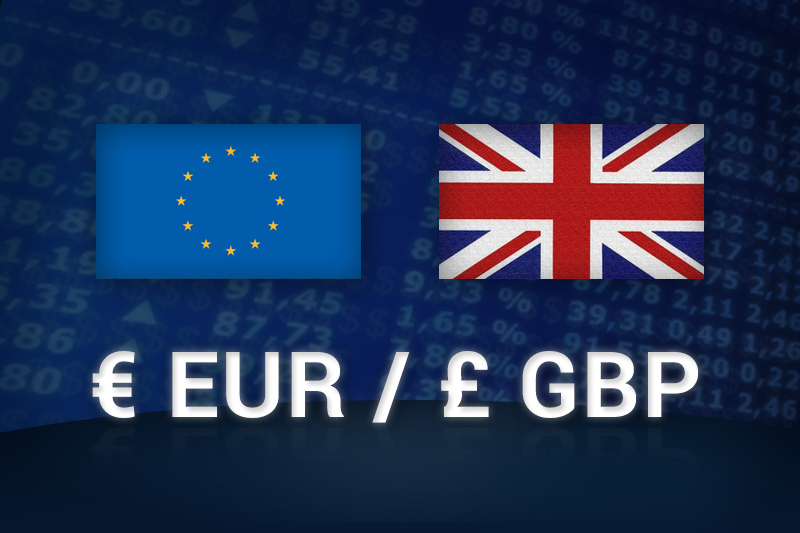Investing.com - The euro fell to session lows against the pound on Thursday, after official data showed that the U.K. exited a recession in the third quarter, with the economy growing at the fastest rate since the third quarter of 2007.
EUR/GBP hit 0.8057 during European morning trade, the pair’s lowest since October 16; the pair subsequently consolidated at 0.8058, shedding 0.38%.
The pair was likely to find support at 0.8022, the low of October 11 and resistance at 0.8097, the session high.
The Office of National Statistics said U.K. gross domestic product expanded by 1.0% in the three months October, pulling the economy out of the longest double dip recession since 1955.
Economists had forecast growth of 0.6%, following a 0.4% contraction in the second quarter.
Growth was flat in the third quarter from a year earlier, compared to expectations for a 0.5% decline.
The ONS said the U.K. service sector output increased 1.3% and industrial output was up 1.1%, but construction sector output dropped by 2.5% in the third quarter.
The increase in third quarter growth was boosted by ticket sales for the London Olympics, as well as a rebound following an extra public holiday for the Queen’s Jubilee in the second quarter.
Meanwhile, sentiment on the euro remained fragile as investors awaited any indication that Spain is moving closer to formally requesting a bailout from its euro zone partners and activating the European Central Bank’s bond purchasing plan.
Sterling advanced to a one-week high against the U.S. dollar, with GBP/USD up 0.60% to 1.6131.
Later Thursday, the U.S. was to release official data on durable goods orders, as well as reports on pending home sales and initial jobless claims.
EUR/GBP hit 0.8057 during European morning trade, the pair’s lowest since October 16; the pair subsequently consolidated at 0.8058, shedding 0.38%.
The pair was likely to find support at 0.8022, the low of October 11 and resistance at 0.8097, the session high.
The Office of National Statistics said U.K. gross domestic product expanded by 1.0% in the three months October, pulling the economy out of the longest double dip recession since 1955.
Economists had forecast growth of 0.6%, following a 0.4% contraction in the second quarter.
Growth was flat in the third quarter from a year earlier, compared to expectations for a 0.5% decline.
The ONS said the U.K. service sector output increased 1.3% and industrial output was up 1.1%, but construction sector output dropped by 2.5% in the third quarter.
The increase in third quarter growth was boosted by ticket sales for the London Olympics, as well as a rebound following an extra public holiday for the Queen’s Jubilee in the second quarter.
Meanwhile, sentiment on the euro remained fragile as investors awaited any indication that Spain is moving closer to formally requesting a bailout from its euro zone partners and activating the European Central Bank’s bond purchasing plan.
Sterling advanced to a one-week high against the U.S. dollar, with GBP/USD up 0.60% to 1.6131.
Later Thursday, the U.S. was to release official data on durable goods orders, as well as reports on pending home sales and initial jobless claims.
